8 Simple Tips for a Successful Telephonic Interview
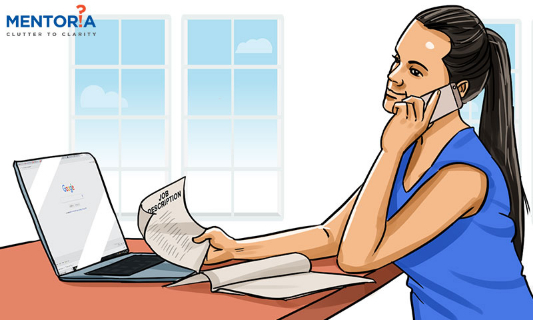
What is a Telephonic Interview
A telephonic interview is a type of interview that recruiters use to assess a candidate’s potential for a job. A phone interview that goes well can lead to an in-person interview, and hiring managers can utilise a phone interview to filter out unqualified candidates.
In the last decade, we’ve seen a lot of changes in the way recruiters hire individuals. Earlier, a resume and a personal interview were enough. However, that has changed. Today, to ensure efficiency, recruiters are adding more rounds to the hiring process. One of these is a telephonic interview.
Depending on how you look at it, a phone interview can be unnerving or a blessing in disguise. On the one hand, the recruiter cannot judge you based on your body language, and on the other, more focus is given to your communication skills. Whichever category you find yourself in, there is always that slight nervousness and apprehension that sets in before an interview – face-to-face or not. So, to help you, we’ve compiled a few tips, which if followed will ensure that you nail the phone interview like a pro. Here you go:
Preparing for interviews and applying for jobs? Find the right career for you with Mentoria’s holistic psychometric career assessment test! We help you find your ideal career based on your unique skills, interests and personality.
1. Dress up for the interview.

Yes, we know this sounds like an odd piece of advice for a phone interview, but trust us; it works. When you make an effort to be presentable, it automatically puts your mind and body in that zone. You will realise that you feel much more “interview-ready” than you would, were you take this call while lounging on a couch in pajamas. A lot of people don’t realise that even this pre-interview call is a part of your hiring process and requires you to be at the top of your game. Dressing up for it will just make sure you have the edge.
2. Find a quiet place.

If the date and time for the telephonic interview are pre-decided, you will be expected to be prepared. This will include finding a quiet place with good network service. You just end up wasting time looking for a quiet place while on the call. Also, keep a notepad, pen, and maybe your laptop (on silent mode) with you. Another good thing to keep within arms reach is a glass of water in case you need it.
3. Cheat your way through it.
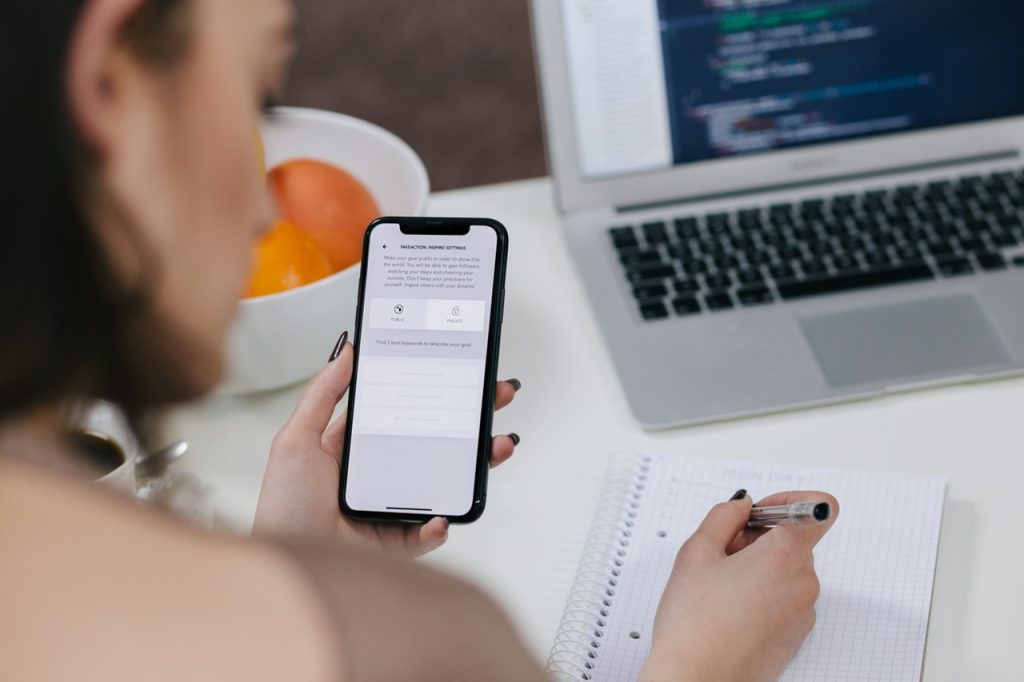
Before the interview, you need to be well-versed with your own resume. Most of the interview questions will be based on that. Other things you must have with you are details about the company you’ve applied to and a copy of the job description. These will make for your cheat sheet. Make sure you’ve highlighted any parts or points you want to elaborate on or add to. Also, while this is not ideal, if your cheat sheet falls short, a quick Google search should help.
4. Keep some answers ready.
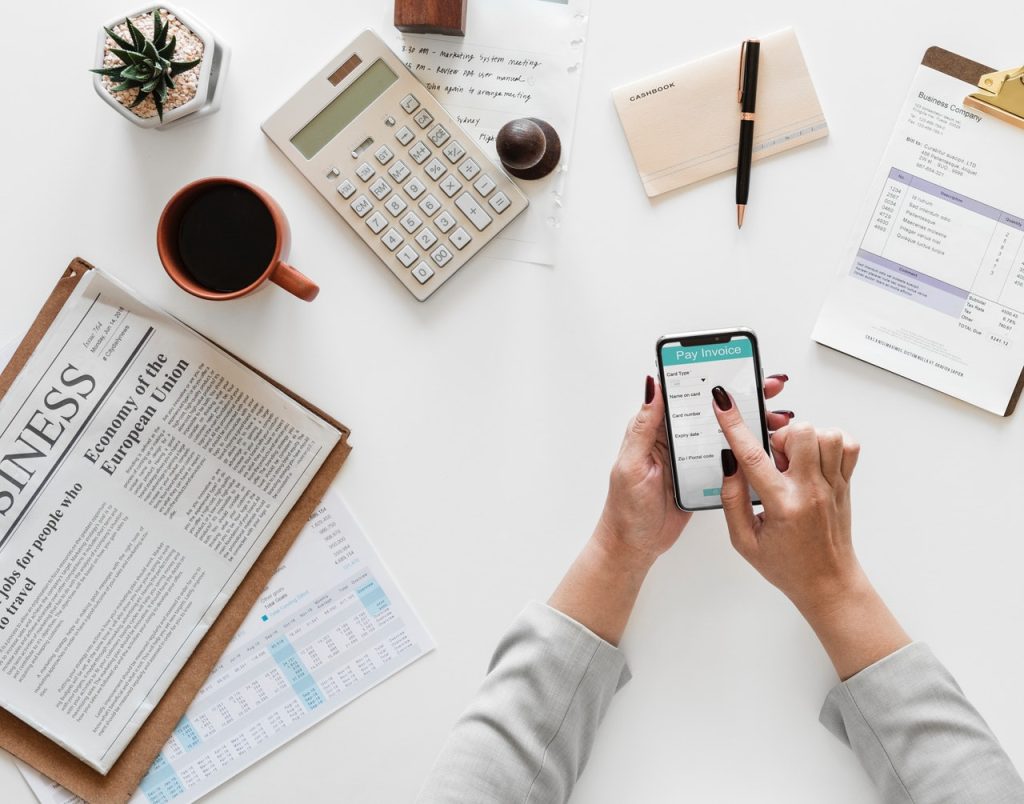
Look up the most asked job interview questions and draft your answers beforehand so you don’t fumble through the interview. Some of the most common questions are about your background, your skills, and information about your current or former job. Having said that, make sure you sound conversational and not as if you’re reading off a piece of paper.
5. Kill the ummms…
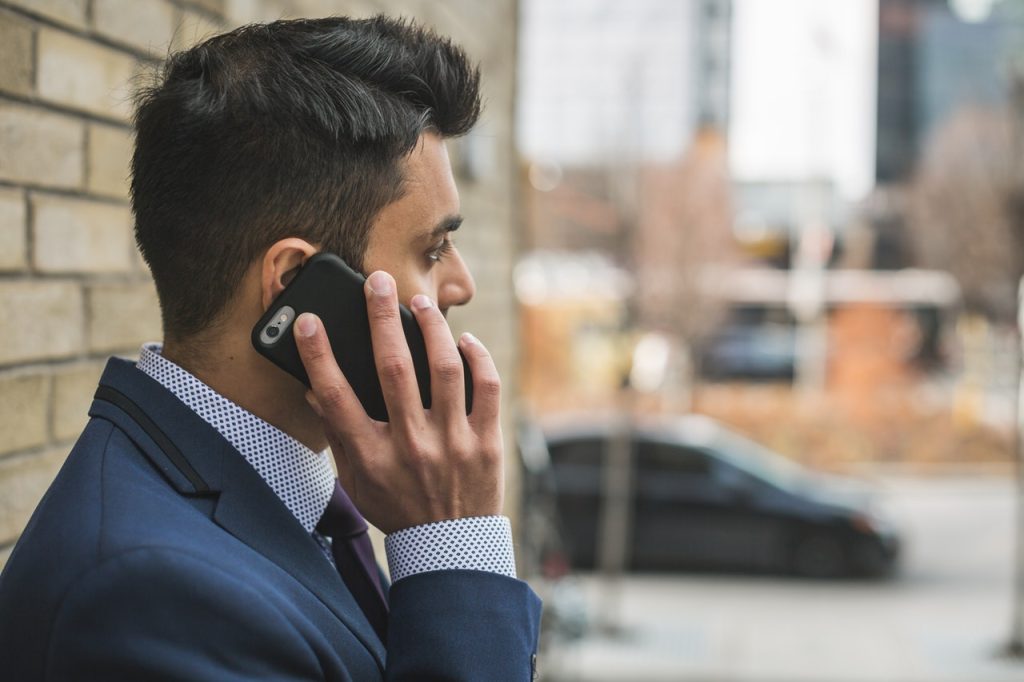
You may try to prepare yourself for every possible question or scenario, but you will inevitably find yourself in a situation where you need to give your answer some thought. When such a moment arises, take a moment to think about it. But, more importantly, convey that to the interviewer. Tell them you may need a minute. It’s a right sight better than going off on the unending “Ummm”. This will show the interviewer that you are the kind of person who thinks things through and not someone who just blindly responds to questions.
6. Listen before you talk.

It is important to listen properly. Most people just listen to respond. When you understand the question properly, it enables you to answer it better. One additional benefit of listening is that the recruiter might give you some clues as to the kind of answer they expect. Listen for these clues and integrate them into your answer. Also, if the recruiter interrupts you, don’t hurry on and complete your answer. Perhaps, they want to follow up on something or want to clarify the question in case you got it wrong. So, LISTEN.
Looking for career guidance before your next interview? Speak to Mentoria’s expert career counsellors for personalized step-by-step guidance for your future career path.
7. Take care of the little things.

If you do get into a disagreement regarding a certain concept, you can politely and calmly put your point forward. But, don’t raise your voice or use language that might be considered unprofessional. A common Indian slang word you should avoid like the plague is “Aray”. One way to ensure this is to do a mock interview to understand where you might be going wrong. Another thumb-rule: always address the interviewer with their title and last name unless they specify otherwise.
8. End it with gratitude and questions.
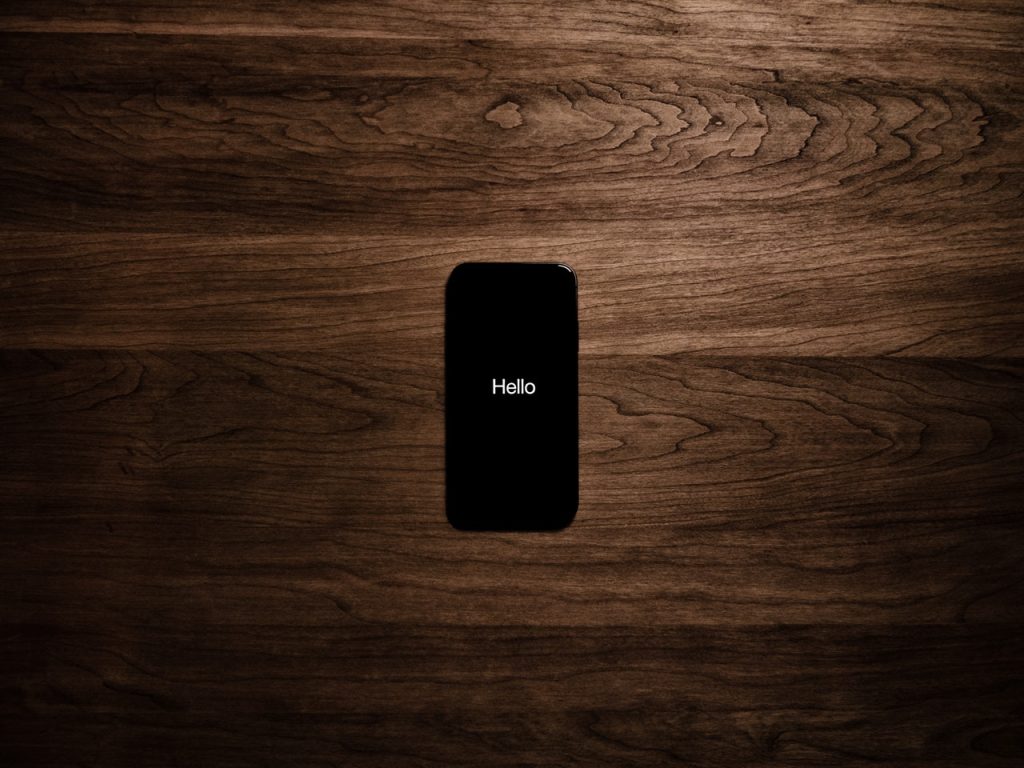
End with thanking the recruiter for their time. This is also a good time to ask any questions you have. This will portray your eagerness towards the job. You can either clarify things about your job role or ask the recruiter about their time at the company to get a sense of the company culture. Wrap it up on a hopeful note with an “I look forward to hearing from you.”
We are so used to thinking of interviews as a face-to-face meeting, that a phone conversation may get slightly awkward. But, don’t let that get in the way of you acing it. And we hope these tips help you do just that. Happy job hunting!
Kick-start your career discovery journey with Mentoria & be sure to find the right career fit for you. Our 4-step career guidance solution, helps us find the right career fit for you from 3 streams, 850+ courses & 12,000+ careers.






